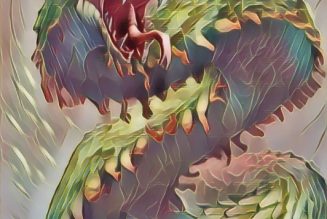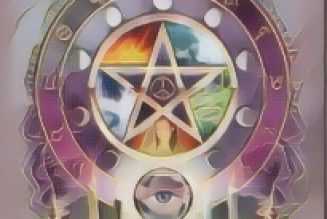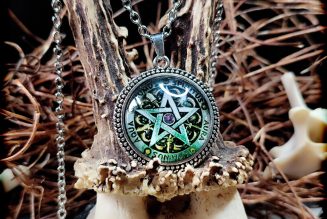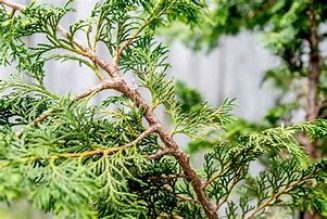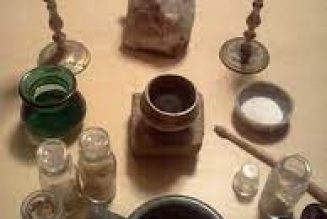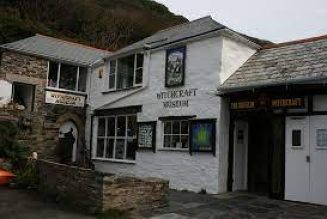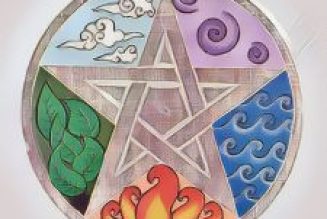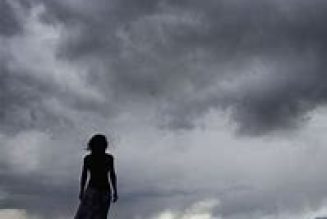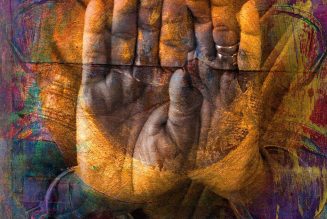The Ellyllon are the pigmy elves who haunt the groves and valleys, and correspond pretty closely with the English elves. The English name was probably derived from the Welsh el, a spirit, elf, an element; there is a whole brood of words of this class in the Welsh language, expressing every variety of flowing, gliding, spirituality, devilry, angelhood, and goblinism. Ellyllon (the plural of ellyll), is also doubtless allied with the Hebrew Elilim, having with it an identity both of origin and meaning. The poet Davydd ab Gwilym, in a humorous account of his troubles in a mist, in the year 1340, says:
Yr ydoedd ym mhob gobant
Ellyllon mingeimion gant.
There was in every hollow
A hundred wrymouthed elves.
The hollows, or little dingles, are still the places where the peasant, belated on his homeward way from fair or market, looks for the ellyllon, but fails to find them. Their food is specified in Welsh folk-lore as fairy butter and fairy victuals, ymenyn tylwyth teg and bwyd ellyllon; the latter the toadstool, or poisonous mushroom, and the former a butter-resembling substance found at great depths in the crevices of limestone rocks, in sinking for lead ore. Their gloves, menyg ellyllon, are the bells of the digitalis, or fox-glove, the leaves of which are well known to be a strong sedative. Their queen—for though there is no fairy-queen in the large sense that Gwyn ap Nudd is the fairy-king, there is a queen of the elves—is none other than the Shakspearean fairy spoken of by Mercutio, who comes
In shape no bigger than an agate-stone
On the forefinger of an alderman.
Shakspeare’s use of Welsh folk-lore, it should be noted, was extensive and peculiarly faithful. Keightley in his ‘Fairy Mythology’ rates the bard soundly for his inaccurate use of English fairy superstitions; but the reproach will not apply as regards Wales. From his Welsh informant Shakspeare got Mab, which is simply the Cymric for a little child, and the root of numberless words signifying babyish, childish, love for children (mabgar), kitten (mabgath), prattling (mabiaith), and the like, most notable of all which in this connection is mabinogi, the singular of Mabinogion, the romantic tales of enchantment told to the young in by-gone ages.














